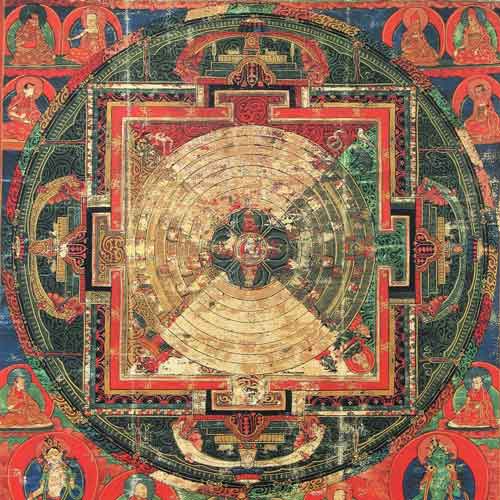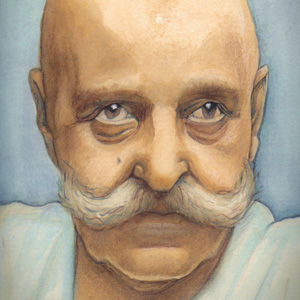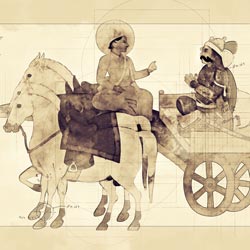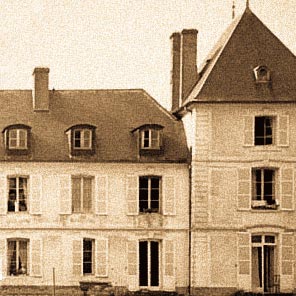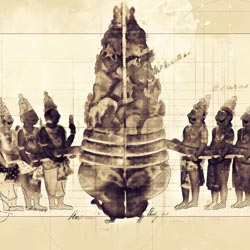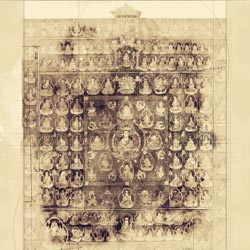
Fourth Way Schools and Life
Fourth Way schools function in life. Their members live, work, and have friends and families in life. This distinguishes them in many respects from schools of the other ways.
Life changes from one generation to another. A person born today grows up in a reality of digital connectivity. From the day they open their eyes, everyone around them communicates through apps on phones. The parent of this person also grew up in this reality, except in its early and more emerging stages. The grandparent grew up in a pre-digital era that saw this technological revolution appear, unfold, and rapidly spread. The great-grand parent comes from another era, upon which this technology was forced at a relatively later stage, often with confusion and resentment. And considering that a generation lasts 25 years, then the great-great-grandparent was born into a reality of dialer-phones and black-and-white TV’s, that never conceived of digital connectivity except in its science-fiction novels.
A Fourth Way school must keep pace with these developments in life, because its members function in life, and because its serves a specific need in life. So while a Christian monastery in Mount Athos, or a Buddhist Vihara in Tibet, or a Jewish Yeshiva in Jerusalem, may look and function today as they looked and functioned 100 years ago, A Fourth Way school cannot. It must change as life changes.
The need a Fourth Way school serves is, initially, of little concern to seekers—typically engrossed in needs of their own—although it must instruct their search. If they are dreaming to find a Fourth Way school in a cave in Central Asia or hidden in the Jungles of Guatemala, their search is doomed to fail, unless detouring through such nostalgia is necessary for their eventual disillusionment. After all, Ouspensky met Gurdjieff in his hometown, upon returning from seeking the miraculous in India and Ceylon. Accepting the truth on its own terms and in whichever form it appears is often the first hurdle.
Indeed, life changes rapidly from one generation to another, though not necessarily for the better. Technology may advance as one age places its achievements at the disposal of the next, but few would argue that our technologically unprecedented age is not at the same time socially, morally, and politically degenerate. How could that be? How could it be that past civilizations—especially civilizations from the distant past—seem to have understood fundamental things about the human condition that we no longer understand? Apparently, in the transfer from age to age, as in a game of broken telephone, important things fell between the cracks, indispensable things—things the lack of which now makes our technological advancement pointless. We can teleport a message across the globe but have nothing meaningful to say. We have jets and rockets and solar-powered-vehicles and nowhere meaningful to go. Knowledge, customs, values, and understandings about what it means to be human, cultivated through centuries of cumulative work, have eroded and disappeared. The task of a Fourth Way school always revolves around recovering such losses and reintroducing them to the stream of life.
The school behind this website represents such an endeavor.


Finding the Fourth Way Spirit
Part V of Seeker of Truth explains why detecting the activity of Fourth Way schools in the past isn’t simple. As the Fourth Way changes with life, it sheds its name and form, blurring the trace it leaves in the historical records. To uncover Fourth Way schools of the past, we must understand the spirit of the Fourth Way and look for appearances of that spirit. Below is a collection of citations that convey this spirit:
20th Century Authors on Fourth Way Schools

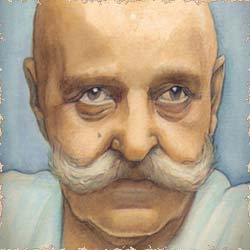
George Gurdjieff

George Gurdjieff
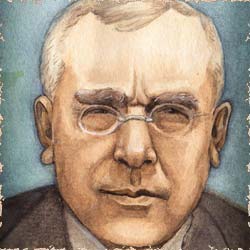
Peter Ouspensky

Peter Ouspensky
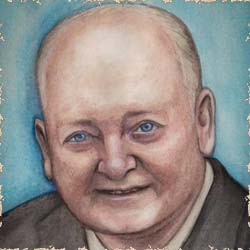
Maruice Nicoll
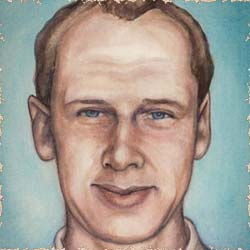
Rodney Collin

Maurice Nicoll
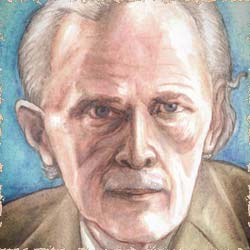
John Bennett
Sources
- In Search of the Miraculous by Peter Demianovich Ouspensky
- The Fourth Way by Peter Demianovich Ouspensky
- The Theory of Conscious Harmony by Rodney Collin Smith
- Commentaries on the Teaching of Gurdjieff and Ouspensky by Maurice Nicoll
- Gurdjieff: Making a New World by John Godolphin Bennett

Rodney Collin

John Bennett

In 2022/24, BePeriod will be creating a full-length documentary on George Gurdjieff
© BePeriod
